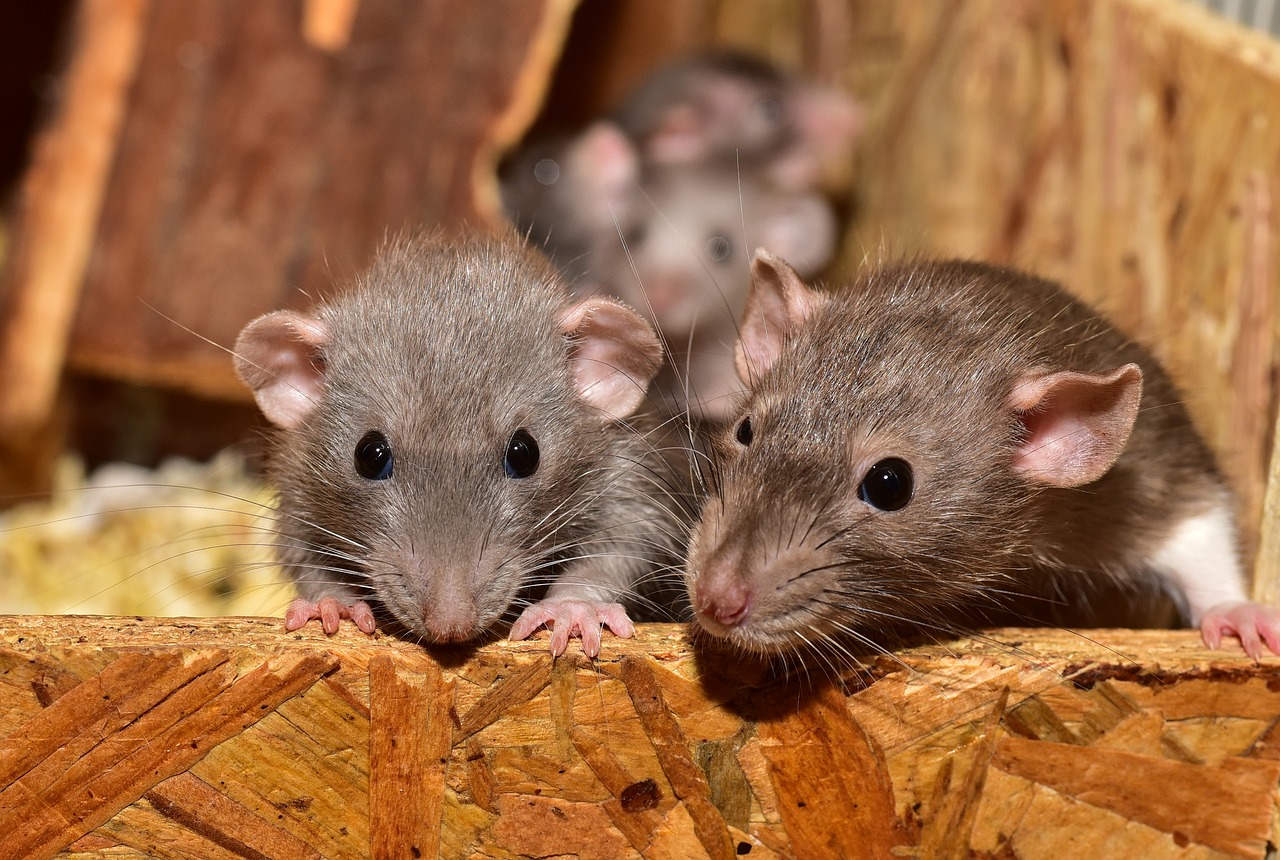
Rats are commonly found wherever humans live, especially in communities with robust sewer systems. The rodents have prominent front teeth that are powerful enough to bite through wood, aluminum, and concrete. Wild rats are not used to human contact and will bite when handled or when people attempt to feed them by hand. The nocturnal creatures have also been known to bite sleeping people, particularly children and infants, on exposed body parts such as fingers, hands, toes and the face when foraging for food.
Symptoms & Dangers of Rat Bites
Immediate symptoms of rat bites include pain, redness, and even bleeding. Rats’ incisors are strong and usually break skin. In these cases, humans are at risk of contracting serious illnesses such as typhus, leptospirosis, plague, and rat-bite fever. Symptoms of rat-bite fever can occur anywhere between three days and three weeks after the initial bite, even after the wound appears to have healed. Symptoms include fever, nausea, headache, sore muscles, aching joints, and bumpy rashes on hands and feet. The disease is usually treated with antibiotics, like penicillin, but can lead to deadly side effects like meningitis, pneumonia, heart problems, and abscesses of the internal organs if medical attention is not sought.
Prevention Rat Bites
The best way to protect yourself and your family from rat bites is to eliminate rat infestations as soon as they appear. Never approach, feed, or attempt to grab wild rats. Residents who have detected the presence of rats in or around their homes should contact the wildlife removal experts at Critter Control to eradicate the rodents.
Learn more about rat removal.
Get them out.
Keep them out.®
Experiencing a wildlife or pest issue? We can help! Complete this form and your local Critter Control® office will contact you to assist.
- Baby Rats
- Do Rat Repellents Work?
- Do Rats Hibernate in Winter?
- Dead Rat
- Rat Droppings
- Diseases from Rats
- Rat Life Cycle
- Identify Rat Noises Inside Your Home
- Rat Tracks
- Rat Traps & Baits
- Rat Tunnels in Attic
- Rats in Cars
- Rats in Crawl Space
- Rats in Homes
- Rats in Walls
- Types of Rats
- What Can Rats Chew Through
- What Do Rats Eat?
- What Does a Rat Look Like?
- Where Do Rats Nest?